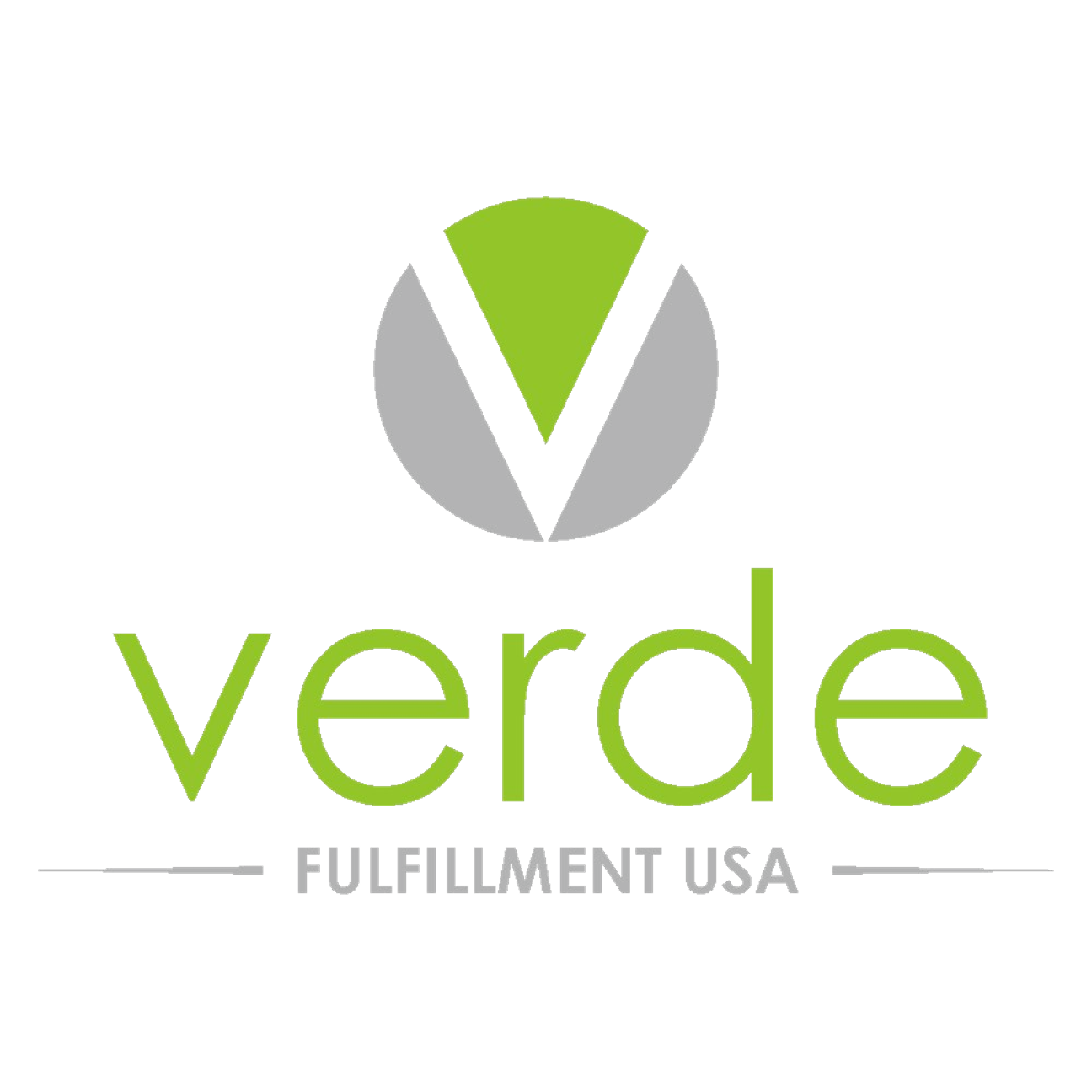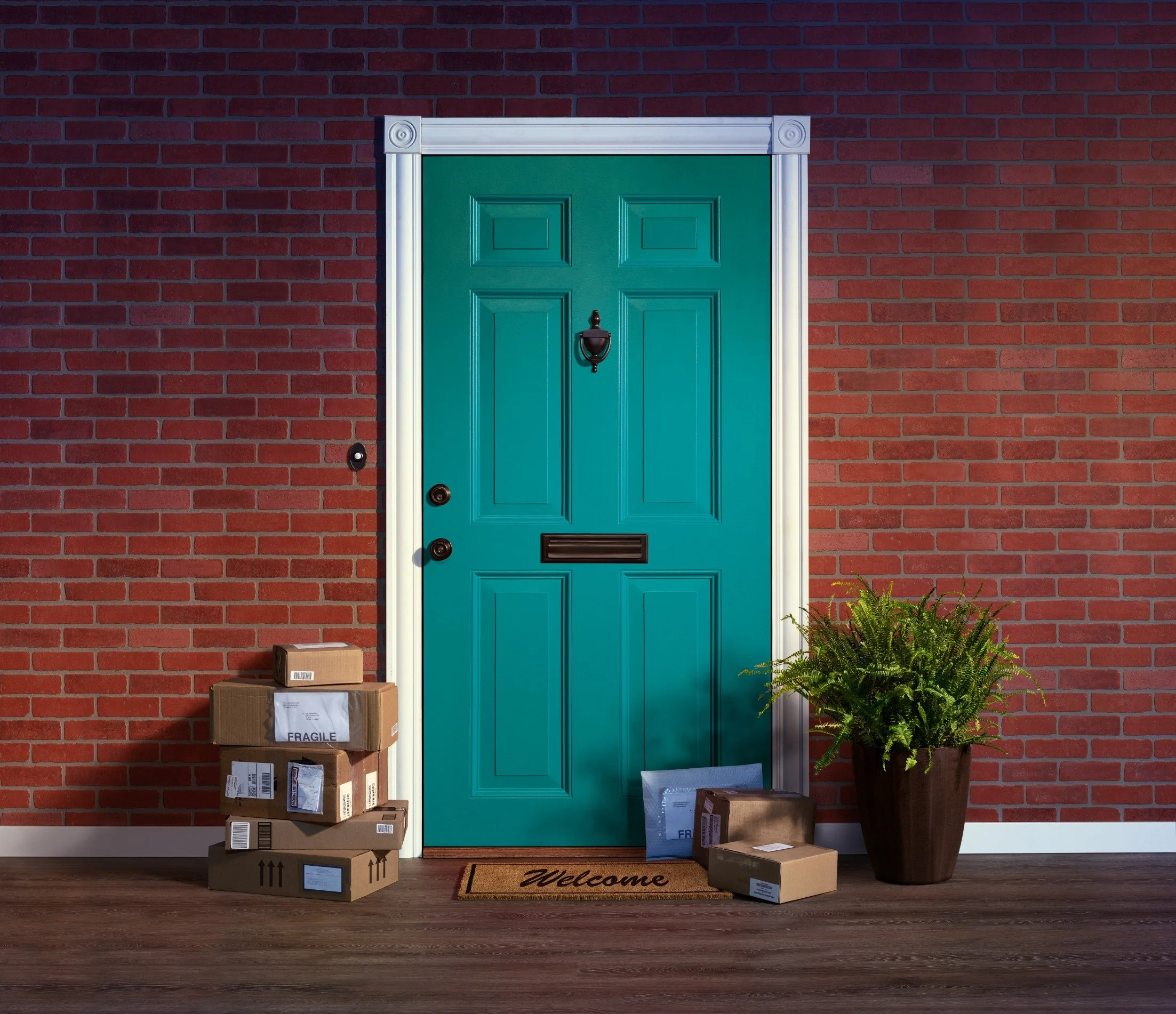Dropshipping vs. Order Fulfillment: Which One is Better?
The e-commerce landscape is rapidly evolving, and two primary methods for selling products online are drop shipping and direct order fulfillment. Both have distinct advantages and disadvantages, making the one right for your business often a difficult decision. This article will dive deep into the nuances of both, helping you decide which one suits your business model the best.
What is Dropshipping?
Dropshipping is an e-commerce model in which the brand (you) does not stock products. Instead, they purchase the item from a third-party supplier who ships it directly to the customer. You don’t see or handle the product. Their main job is to market the product, manage the online storefront, and their own customer service. As of May 2023, 33% of online businesses have adopted drop shipping as their primary work model.
Pros of Dropshipping:
Minimal Financial Barrier: Without the burden of bulk inventory purchases, even individuals with minimal savings can launch a dropshipping store. This democratizes e-commerce, opening doors for many budding entrepreneurs.
Low Risk: You only purchase the product once you have received an order, minimizing the risk of unsold stock.
Adaptive Business Model: You can quickly pivot based on market trends. Whether it's a seasonal product or a viral sensation, dropshippers can list new items without logistical headaches.
Geographic Flexibility: Dropshipping eliminates the need for a physical business location. Entrepreneurs can manage their business from a beach in Bali or a cafe in Paris.
Cons of Dropshipping:
Lower Profit Margins: Given that suppliers manage inventory and shipping, they take a larger chunk of the profits.
Dependency on Third Parties: Relying heavily on suppliers can be risky. If a supplier fails to deliver on time or provides a defective product, it's the your reputation on the line, even though they had no hand in the error.
Competition and Market Saturation: The accessibility of dropshipping means a crowded marketplace. Brands often find themselves in price wars, vying for the attention of a limited audience.
Supplier Errors: Any mistakes made by suppliers, such as sending the wrong product, can reflect poorly on your brand. Managing and rectifying these errors requires strong communication and a reliable partnership.
What is Order Fulfillment?
Order fulfillment is the traditional e-commerce model where a brand holds inventory and, once a sale is made they pick, pack, and ship the product directly to the customer. It involves having a physical space (like a warehouse) or using a third-party logistics provider (3PL) to store and manage the inventory.
3PL companies, in particular. have recently surged in response to the global need for e-commerce logistics services. Indeed, as 90% of Fortune 500 companies rely on 3PL companies for assistance in order fulfillment, 3PLs are staged to revolutionize the order fulfillment sector.
Pros of Order Fulfillment:
Quality Control: Since brands are hands-on with the inventory, they can ensure product quality and consistency. This can significantly enhance customer trust and reduce return rates.
Customized Packaging: Order fulfillment allows brands to personalize the unboxing experience, fostering brand loyalty. This might include branded packaging, promotional inserts, or even handwritten thank you notes.
Bulk Purchase Savings: Buying in bulk often means reduced product costs, which can either be passed onto the customer or contribute to healthier profit margins.
Instant Availability: Products are immediately available for shipping, which can significantly reduce delivery times.
Cons of Order Fulfillment:
Inventory Costs: Holding inventory requires capital. This means unsold products can tie up funds, which could otherwise be used for marketing or other growth initiatives.
Storage & Overheads: Maintaining a warehouse or renting storage space isn't cheap. Additionally, as your business grows, so too can these costs.
Complex Logistics: Managing inventory, especially for diverse product lines, can be logistically challenging. Stockouts or overstocking can severely impact profits and customer satisfaction.
Returns Handling: Managing returns in-house can be resource-intensive, requiring careful repacking and restocking. However, some 3PLs have dedicated return management services for convenience.
So, Which is Better? Dropshipping or Order Fulfillment?
The better choice between dropshipping and order fulfillment boils down to your business goals, available resources, and risk tolerance. Here are some factors to consider:
Capital Availability: If you’re just starting out or have limited capital, dropshipping might be a more attractive option because of its low startup costs. On the other hand, if you have the resources to invest in inventory and are looking for higher profit margins, order fulfillment could be a better fit.
Risk Appetite: Dropshipping comes with lower financial risk since you're not investing in inventory upfront. But with order fulfillment, while the financial risk might be higher, you gain more control over the entire process, potentially saving you money in the long run.
Branding Importance: If you want to build a strong brand with personalized touches, order fulfillment gives you more flexibility to add branded packaging and other personalized touches.
Business Scalability: For rapid scaling, dropshipping might seem advantageous at first because you don’t need to worry about inventory space. However, as your business grows, you might find more value in order fulfillment due to better margins and greater control over your operations.
Desired Business Model: If you're keen on exploring various niches, changing products frequently, or running a more hands-off operation, dropshipping can offer you that flexibility. Conversely, if you're set on a specific niche, have done thorough market research, and are willing to invest in building a holistic customer experience, order fulfillment should be your route.
Dropshipping vs Order Fulfillment: What Do You Need?
There isn’t a one-size-fits-all answer to this question. Your decision should align with your business objectives, available resources, and the kind of relationship you want with your customers. You should also decide if you want to scale your business for growth, which order fulfillment can do for you vs. dropshipping and its limitations.
For some, the ease and flexibility of dropshipping will be the way to go. For others, the control and branding opportunities with the scale of order fulfillment will outweigh its potential risks and challenges. Evaluate your circumstances, conduct thorough research, and choose the model that aligns best with your e-commerce vision.
For those finding order fulfillment an attractive option, Verde Fulfillment can be your partner to help you scale your business. Operating to ensure smooth ordering on all fronts, from managed warehouses to API Integration to return services, Verde Fulfillment can meet all the needs of your growing business. Contact us today to learn more.

